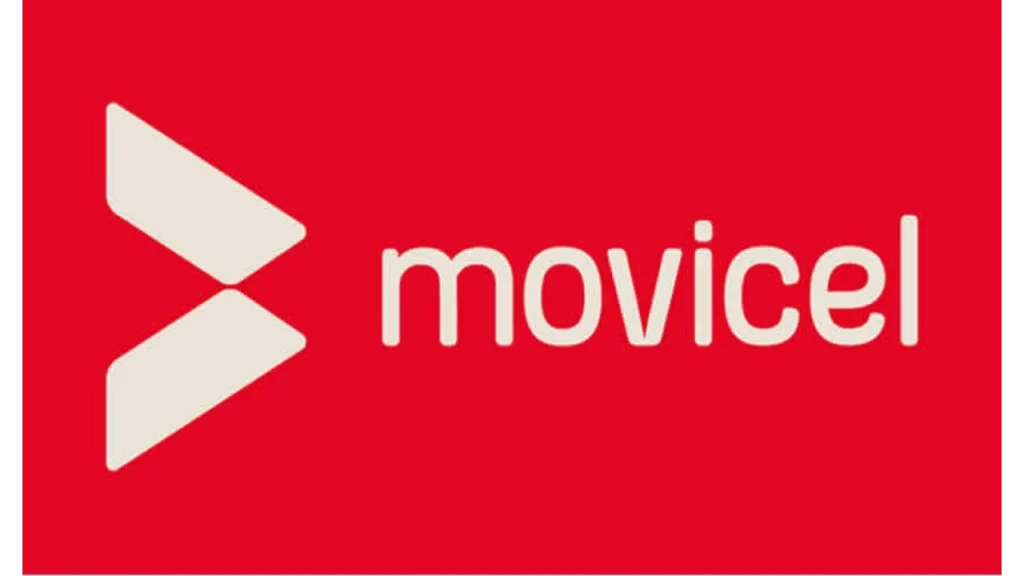- Movicel launches mobile financial services to stay competitive as Africell gains ground in Angola’s telecoms market.
- Angola’s vast infrastructure gap and rising 4G demand pressure Movicel to modernise and expand nationwide coverage.
A new push for digital inclusion in Angola
Movicel Telecomunicações S.A., based in Luanda, is Angola’s second-largest mobile operator, with over three million subscribers. The company was founded in 2003 as part of state-owned Angola Telecom and underwent privatisation in 2010. Today, around 80% of the company is privately held, while the remaining 20% is still owned by Angola Telecom and ENCTA. Movicel offers nationwide 2G, 3G and 4G services, along with SIM-based mobile internet through its Movinet brand.
It also provides international roaming on post-paid plans through agreements with operators in over 200 countries. Despite its strong position, Movicel faces tough competition from market leader Unitel and rising newcomer Africell, which has quickly captured 27.8% of the mobile internet user base, compared to Movicel’s 6.5%. To stay competitive, Movicel launched mobile financial services in April 2024, aimed at serving Angola’s largely unbanked population. In a market where digital access remains limited, this move could help bridge financial and connectivity gaps.
Also Read: SOTELMA launches ‘Moov Money’ for broadened mobile financial services
Also Read: MIST: Egypt’s Real-Time financial intelligence powerhouse
Infrastructure gaps and the road ahead
Angola’s telecoms sector is marked by deep infrastructure challenges. The country’s large size and uneven development mean that urban areas like Luanda enjoy far better network coverage than rural regions. National projects such as the AngoSat-2 satellite and the SAT-3/WACS submarine cable have helped improve connectivity, but the divide remains. As user expectations grow, especially with the expansion of 4G and the early testing of 5G, operators like Movicel are under pressure to upgrade network speed and stability.
The company has also worked to modernise its services through long-standing partnerships with technology providers such as ZTE, which helped roll out LTE in 2012. Beyond technology, Movicel has placed focus on social initiatives, supporting children’s programmes and people with disabilities. With Angola’s telecoms market expected to grow by more than 10% annually from 2025 to 2032, Movicel’s future may depend on its ability to combine technical innovation with a strong community presence, ensuring both commercial resilience and lasting relevance.

